Battling Acne: Unveiling the Culprits behind Inflammation
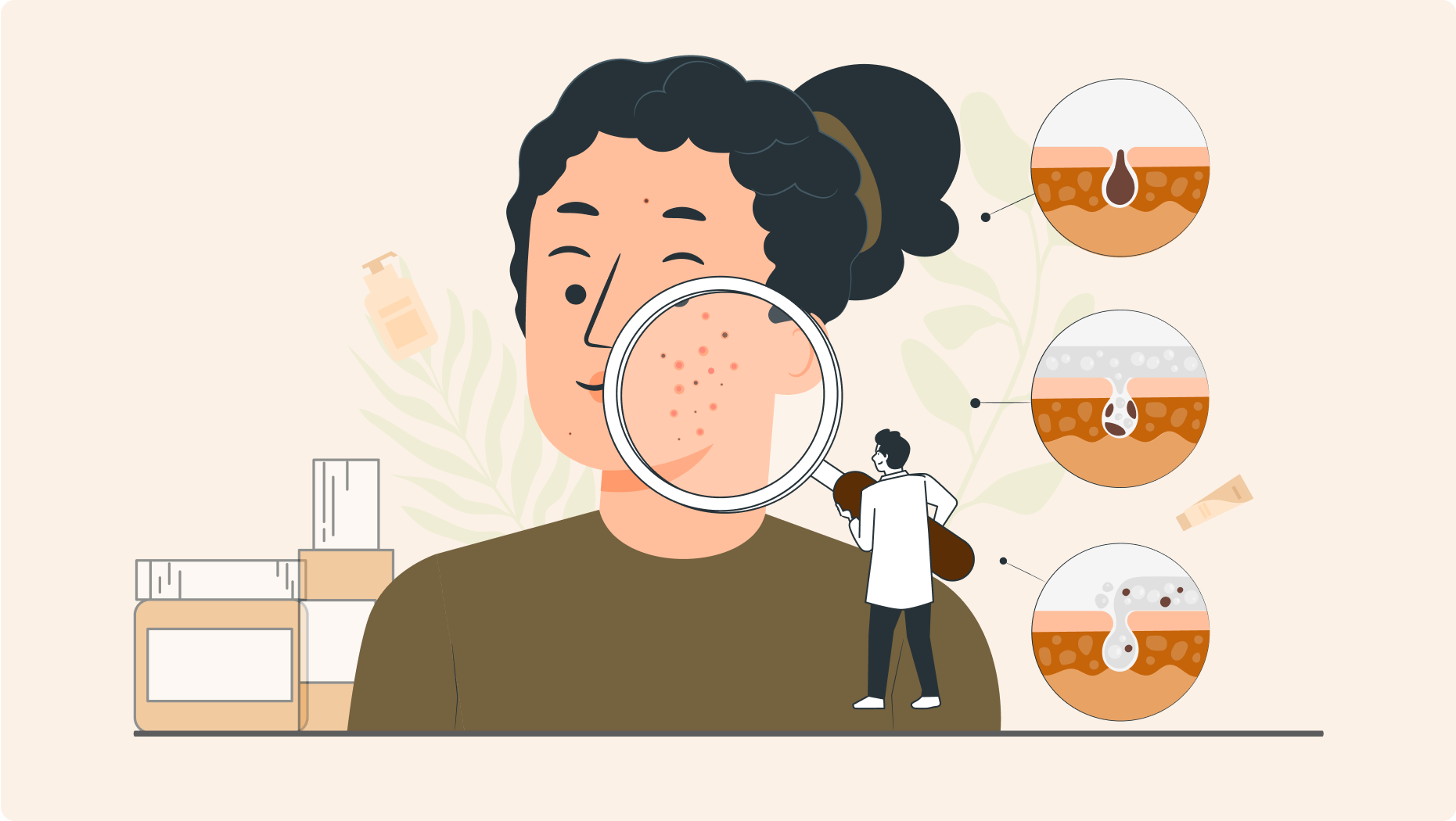
Metabolic Wellness | Ayur AI
Dr. Harinee S, B.A.M.S., M.D.(Ayu.)
Updated on AUG 08, 2023
Acne is more than a superficial skin issue—it reflects an internal imbalance. This article delves into the factors like sugar, dairy, nutrient deficiencies, and more that contribute to inflammation and acne formation.

Sugar


Foods high in sugar, including artificial sweeteners, sodas, and refined carbohydrates, cause rapid spikes in blood sugar and insulin. This surge increases androgen levels, which in turn boost oil production, trigger inflammation, and lead to acne.

Dairy Products


Dairy products can elevate insulin levels and boost IGF-1 production, leading to increased oil production and clogged pores—key factors in acne development.

Nutrient Deficiencies

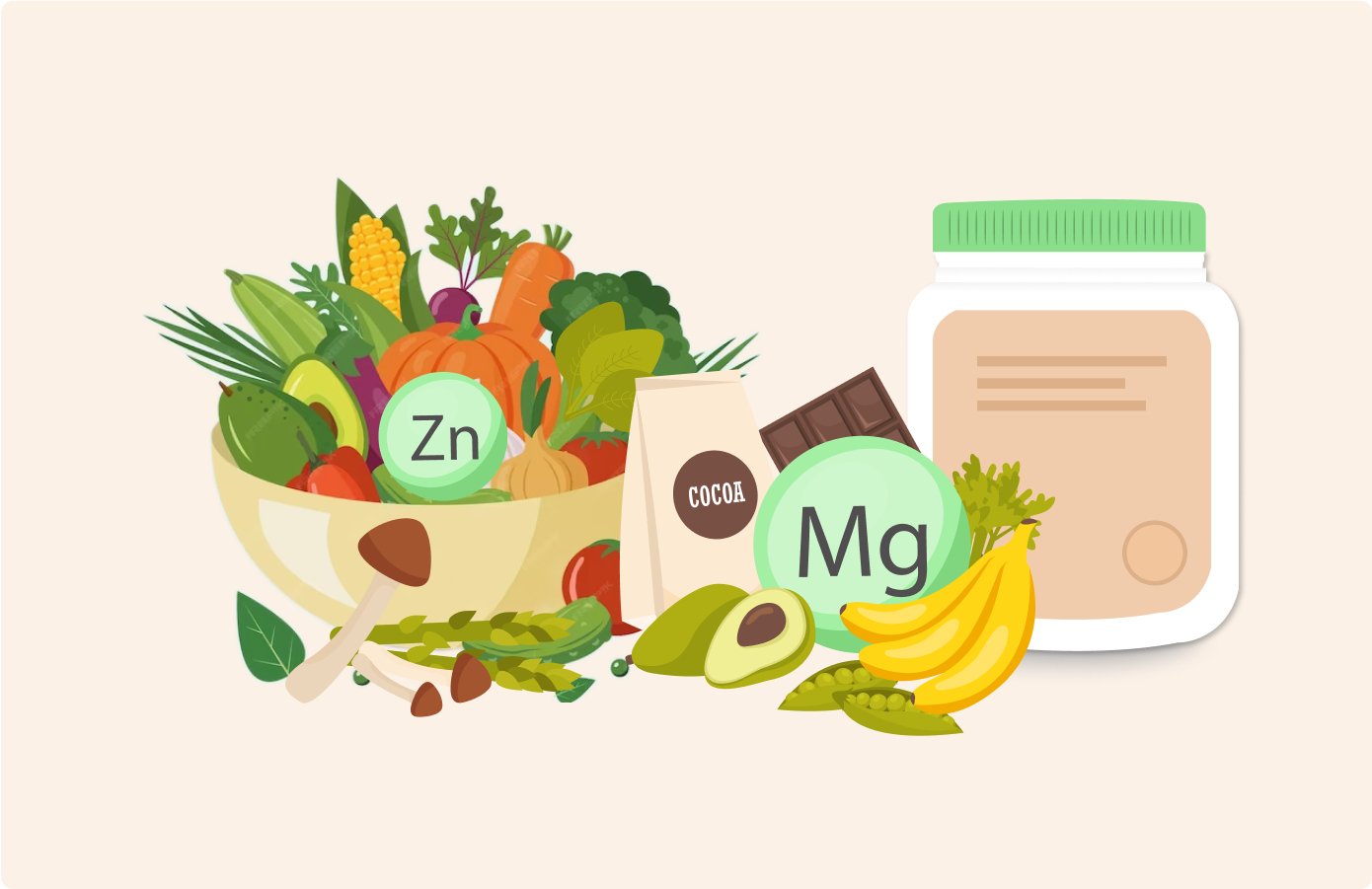
A lack of essential nutrients such as Zinc and Omega-3 fatty acids disrupts your skin’s ability to control inflammation and heal. Consider Ayurvedic supplements like Prash Chyawanprash to support skin vitality.

Leaky Gut

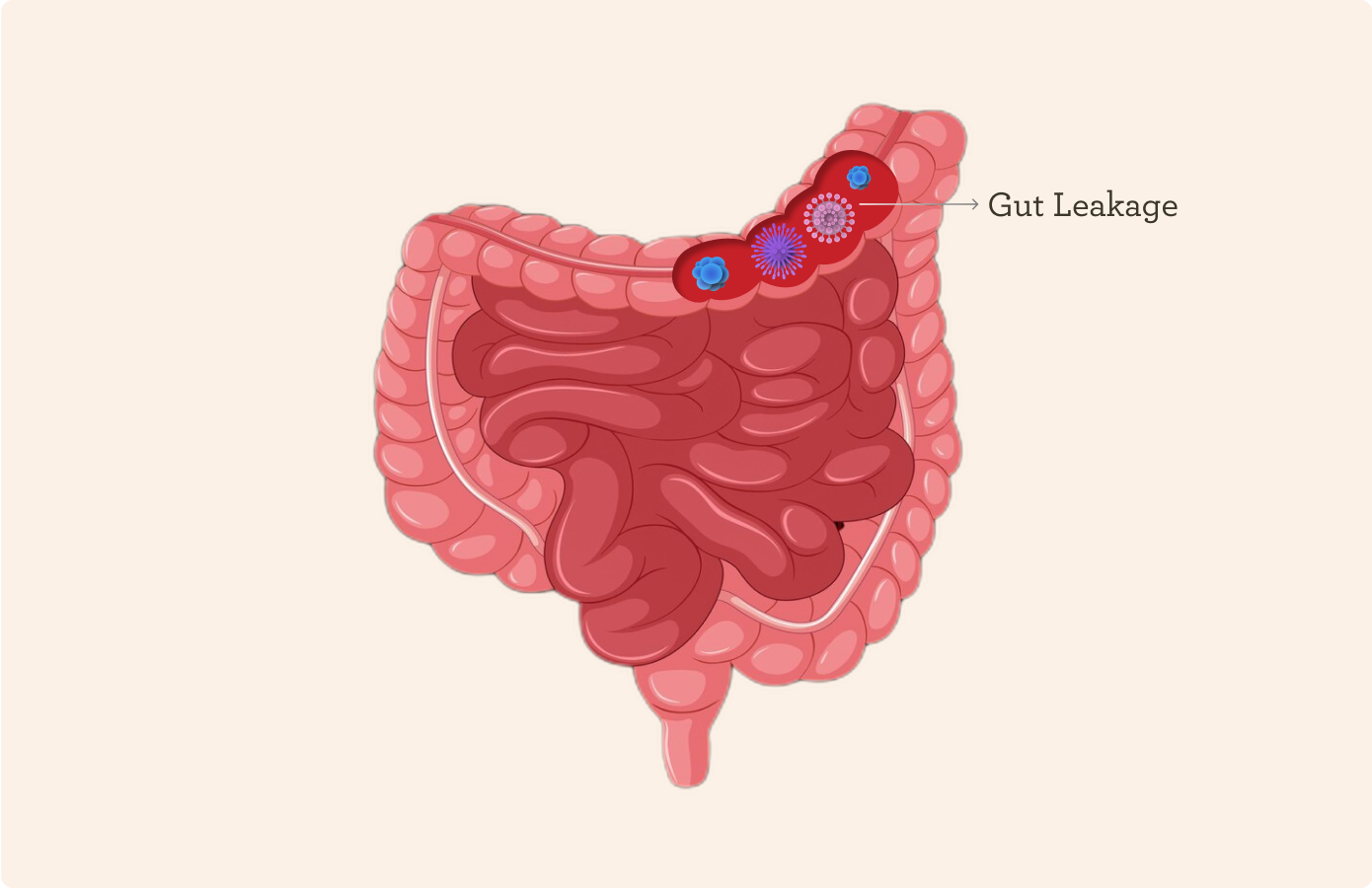
When the gut barrier is compromised, harmful substances enter your bloodstream and trigger inflammatory responses. This leaky gut condition can worsen acne and heighten food sensitivities.

Food Allergies

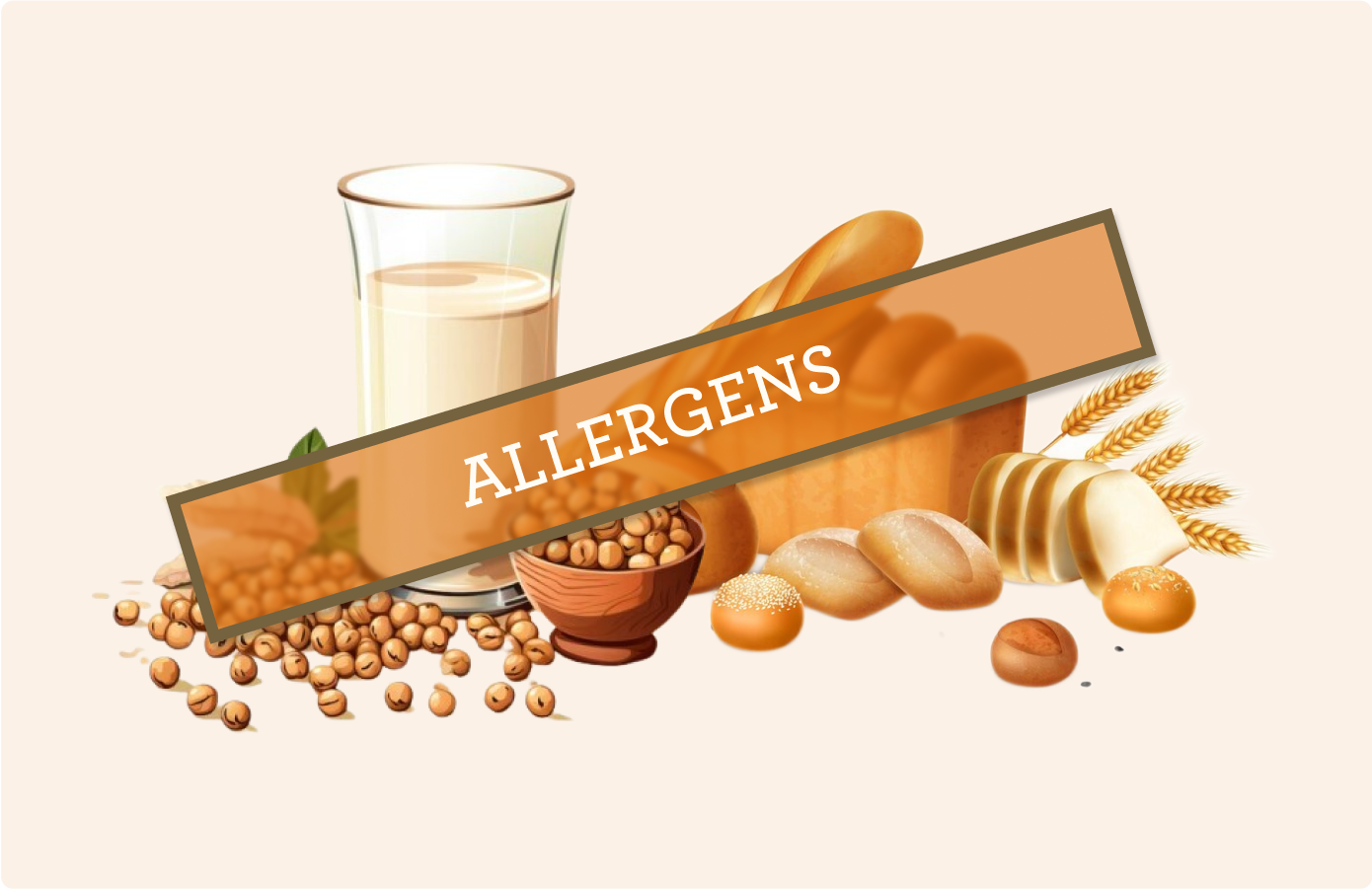
Unlike severe allergic reactions, food sensitivities can take hours or days to manifest. Dairy, gluten, soy, and peanuts are common culprits that may trigger acne, brain fog, and fatigue.

Toxins


The body relies on the liver, kidneys, and skin to eliminate toxins. Continuous exposure to environmental and dietary toxins can lead to a toxic overload, perpetuating chronic inflammation and acne.

Stress


Chronic stress increases cortisol production, which not only disrupts hormone balance but also depletes key nutrients like Vitamin C and Zinc—both essential for skin healing and reducing inflammation.

Poor Gut Bacteria

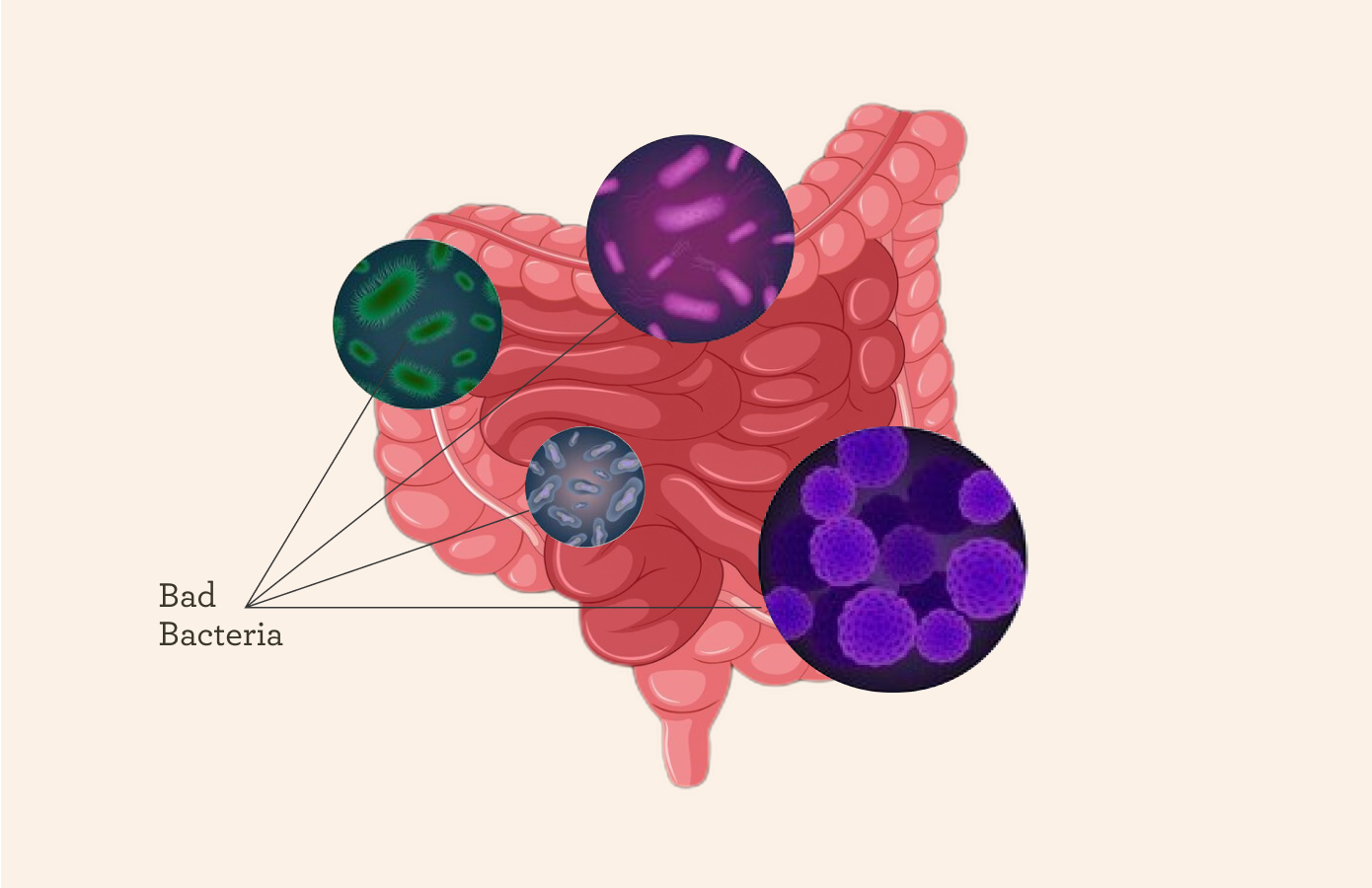
According to Ayurvedic principles, consuming improper foods can disrupt digestion and create a buildup of Ama (toxins) in the gut. Imbalances such as yeast overgrowth or SIBO negatively impact nutrient absorption and overall skin health.




